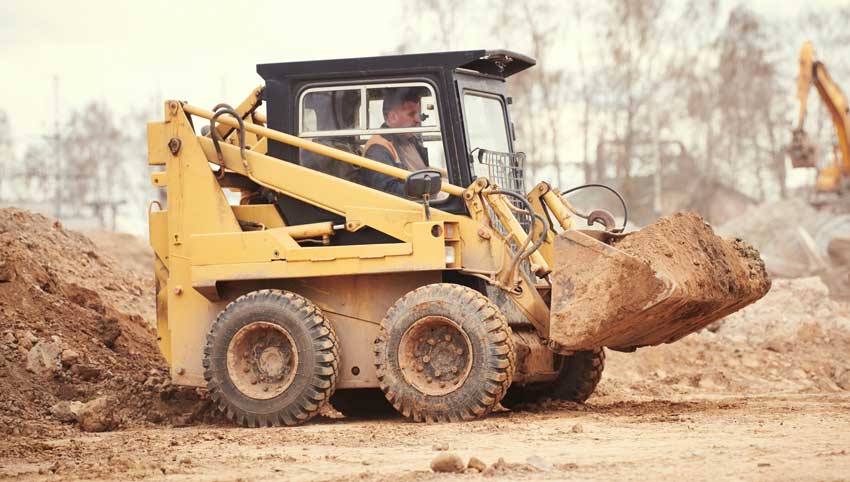
Excavators are the workhorses of the construction and excavation industry, but not every jobsite calls for a full-sized machine. For smaller projects, professionals often turn to alternative equipment that can provide greater maneuverability, reduced costs, and less disruption to the surrounding environment. These alternatives are designed to handle specific tasks efficiently while still delivering professional-grade results.
Mini excavators
One of the most common alternatives is the mini excavator. These compact machines offer much of the functionality of a standard excavator—such as digging, trenching, and grading—but in a smaller package. Professionals often use them on residential properties, in tight urban spaces, or on projects where minimal ground disturbance is required. Their versatility makes them a go-to choice for landscaping, utility line installation, and small foundation work.
Skid steer loaders
Skid steers are another practical option. With the right attachments, they can tackle digging, lifting, grading, and hauling. For smaller excavation projects, a skid steer equipped with a trenching or auger attachment is often sufficient. Their compact design allows them to access areas that larger machines cannot, and their speed and maneuverability help keep projects on schedule.
Backhoes
Backhoes bridge the gap between full-sized excavators and smaller equipment. A backhoe loader provides the digging power needed for modest excavation while also offering front-end loading capabilities. Professionals often rely on backhoes for utility repair, septic installation, and farm projects where multi-functionality is key.
Walk-behind trenchers
When the task is specifically digging narrow trenches for pipes, cables, or irrigation systems, walk-behind trenchers are a highly efficient alternative. These machines are lightweight, easy to transport, and designed to cut precise trenches without excessive disruption to the surrounding soil. For utility companies or landscapers, trenchers often replace the need for a larger excavator.
Hand tools and manual options
For the smallest jobs—such as shallow trenching, fence post installation, or garden grading—professionals may still use manual tools like shovels, post-hole diggers, or wheelbarrows. While labor-intensive, these options can sometimes be the most practical and cost-effective solution when heavy machinery isn’t justified.
In conclusion: While excavators are essential for large-scale projects, professionals often choose alternatives such as mini excavators, skid steers, backhoes, trenchers, or even manual tools for smaller jobs. These alternatives allow for precision, efficiency, and cost savings, ensuring the right tool is used for the right job without overcomplicating the project.
